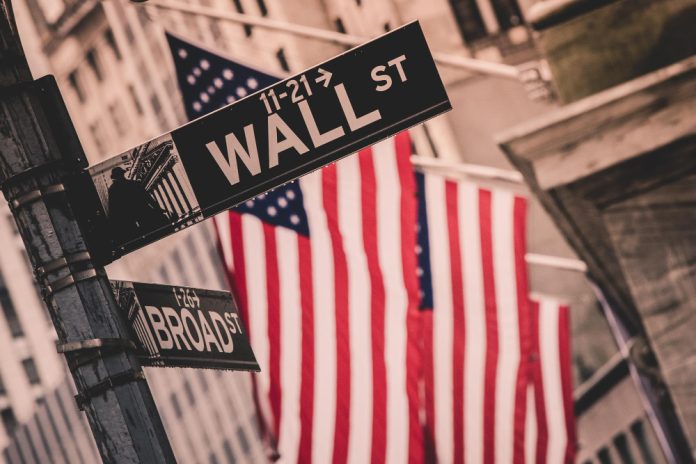U.S. stock indexes remained near their record highs as Wall Street reopened after the long Memorial Day weekend. Early Tuesday, the S&P 500 edged up 0.1%, just shy of its record set last week. Meanwhile, the Dow Jones Industrial Average dipped by 111 points, and the Nasdaq composite rose by 0.4% after reaching a new all-time high. U.S. Cellular shares climbed following the announcement that T-Mobile US would acquire most of the company in a $4.4 billion deal, including debt. Treasury yields held steady after easing through much of May, and stock markets saw modest declines across Asia and Europe.
Earlier Developments
In early trading on Tuesday, Wall Street showed mixed results following the long weekend. Futures for the S&P 500 were up 0.1%, while futures for the Dow Jones Industrial Average dipped 0.1%.
U.S. Cellular saw a 5.6% jump after revealing that T-Mobile would acquire its wireless operations and certain assets in a $4.4 billion deal. This acquisition includes approximately 30% of U.S. Cellular’s spectrum assets across several bands.
GameStop, a notable meme stock, surged over 25% in premarket trading. The video game retailer announced on Friday that it had sold all 45 million shares in its latest offering, raising over $933 million.
Focus Shifts to Economic Indicators
With the earnings season mostly concluded, investors are now turning their attention to the economy, inflation, and interest rates. Later on Tuesday, the Conference Board will release its consumer confidence index for May. Despite continued spending that supports the U.S. economy, consumer confidence has waned in recent months due to persistent inflation and high interest rates.
Later this week, the government will release its consumer spending report, which will provide further insights into Americans’ spending habits. This report includes an inflation measure closely watched by the Federal Reserve, which has raised its benchmark rate to the highest level in over two decades to control inflation. Although inflation has decreased from its peak above 9%, year-over-year price increases remain above the Fed’s 2% target.
The persistent inflation complicates the Fed’s ability to cut interest rates, which typically benefits the stock market. Despite higher interest rates aimed at cooling the economy, markets have recently reached record highs.
Global Market Movements
In Europe, midday trading saw Germany’s DAX remain flat, while the CAC 40 in Paris fell by 0.6%. In the UK, the FTSE 100 shed 0.3% after reopening from a bank holiday on Monday.
Asian markets experienced mixed results. Chinese markets initially rose but then fell following a meeting of senior Communist Party leaders who emphasized the need to contain financial risks. The Shanghai Composite index dropped 0.5%, and Hong Kong’s Hang Seng index lost less than 1 point. The Chinese government has recently eased interest rates and down payment requirements for housing loans to revive the property sector, which has been weighed down by a crackdown on excessive borrowing.
Japan’s Nikkei 225 fell 0.1%, and South Korea’s Kospi was nearly unchanged. Australia’s S&P/ASX 200 dropped 0.3%.
Oil and Currency Trading
In other trading on Tuesday, U.S. benchmark crude oil rose by $1.05 to $78.77 per barrel. Brent crude, the international standard, was nearly unchanged at $82.92 per barrel. Geopolitical tensions and increased U.S. demand into the summer, along with OPEC’s restrictive outlook, are supporting further gains in oil prices, according to Swissquote’s Ipek Ozkardeskaya.
In currency trading, the U.S. dollar slipped to 156.78 Japanese yen from 156.89 yen, while the euro increased to $1.0885 from $1.0860.
On Friday, the S&P 500 gained 0.7%, the Dow industrials rose slightly, and the Nasdaq composite gained 1.1%, surpassing its previous all-time high set earlier in the week.
Featured Image: Freepik @ wirestock









